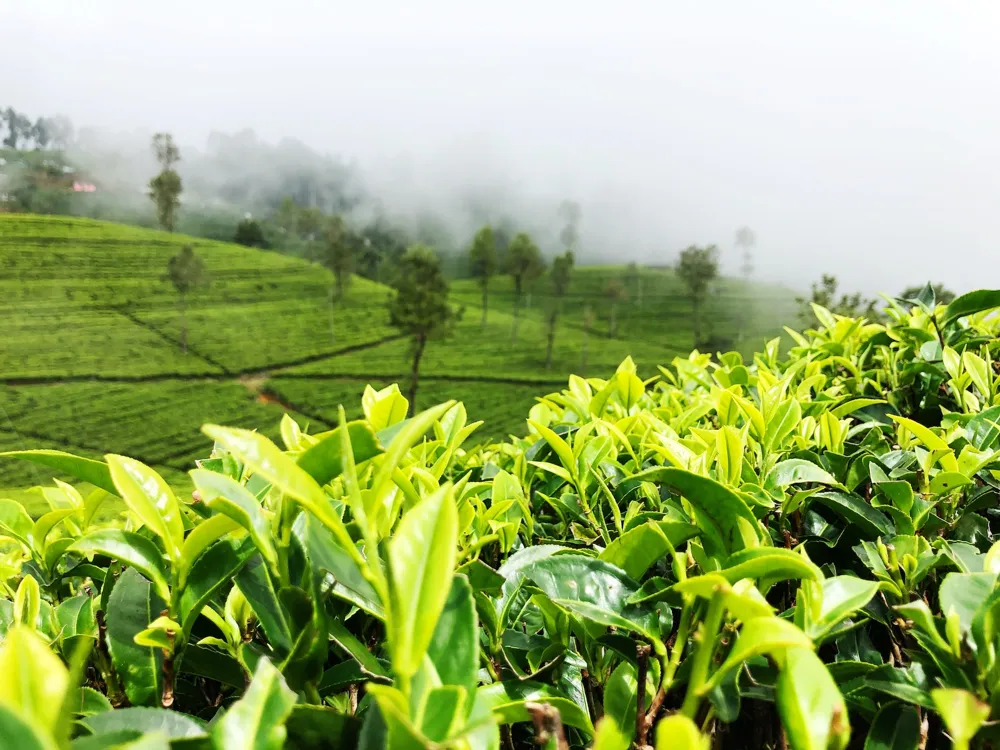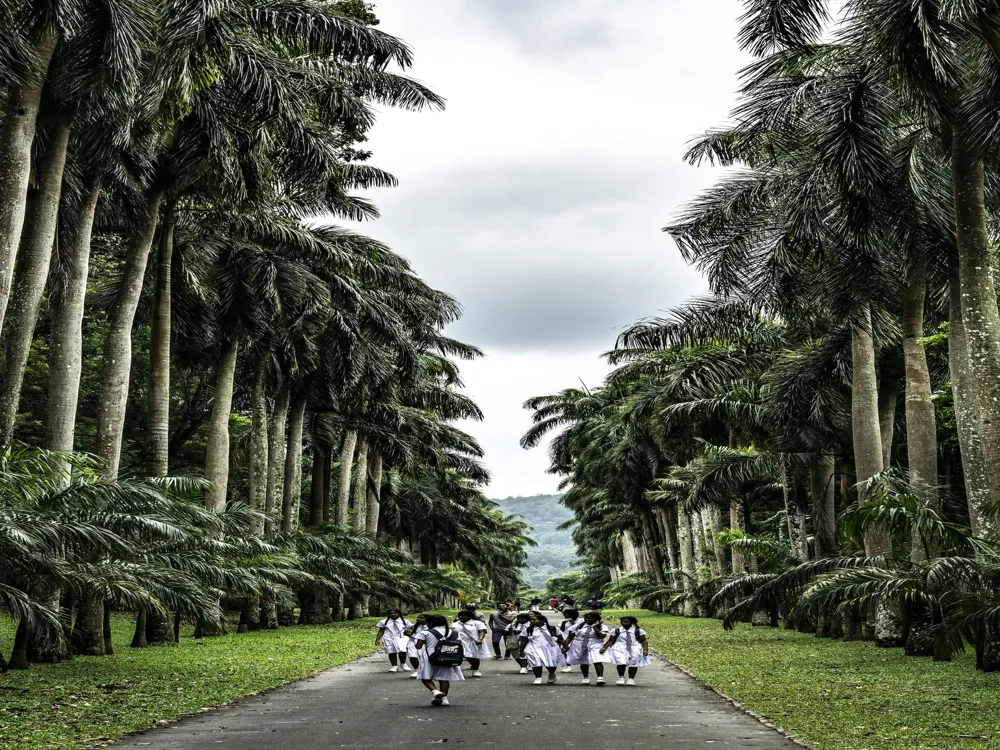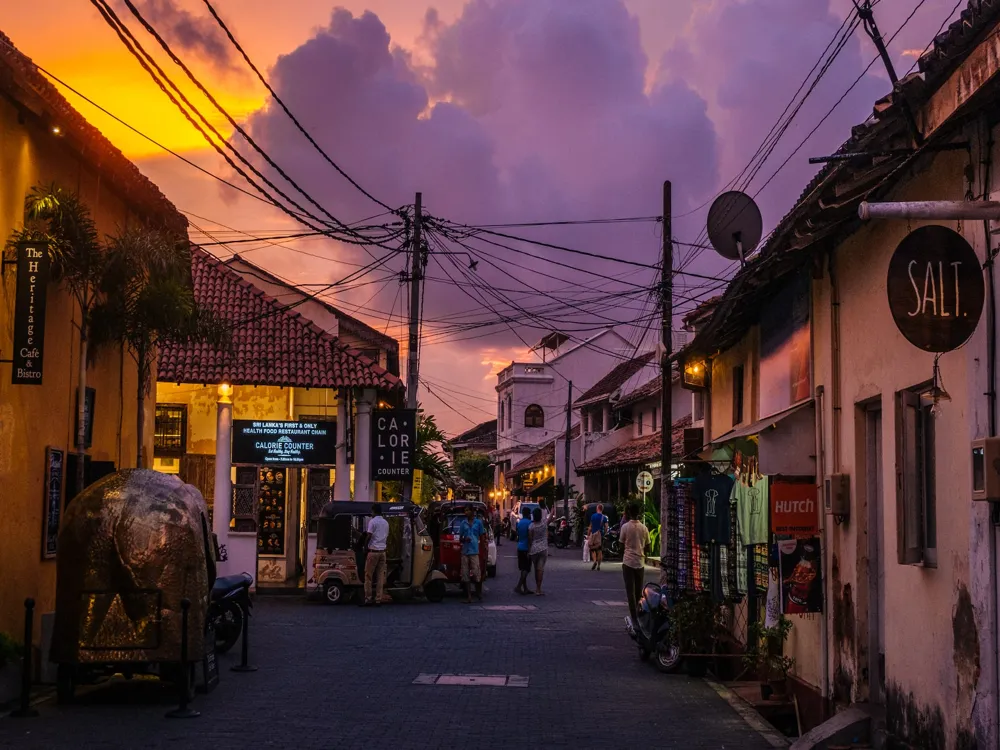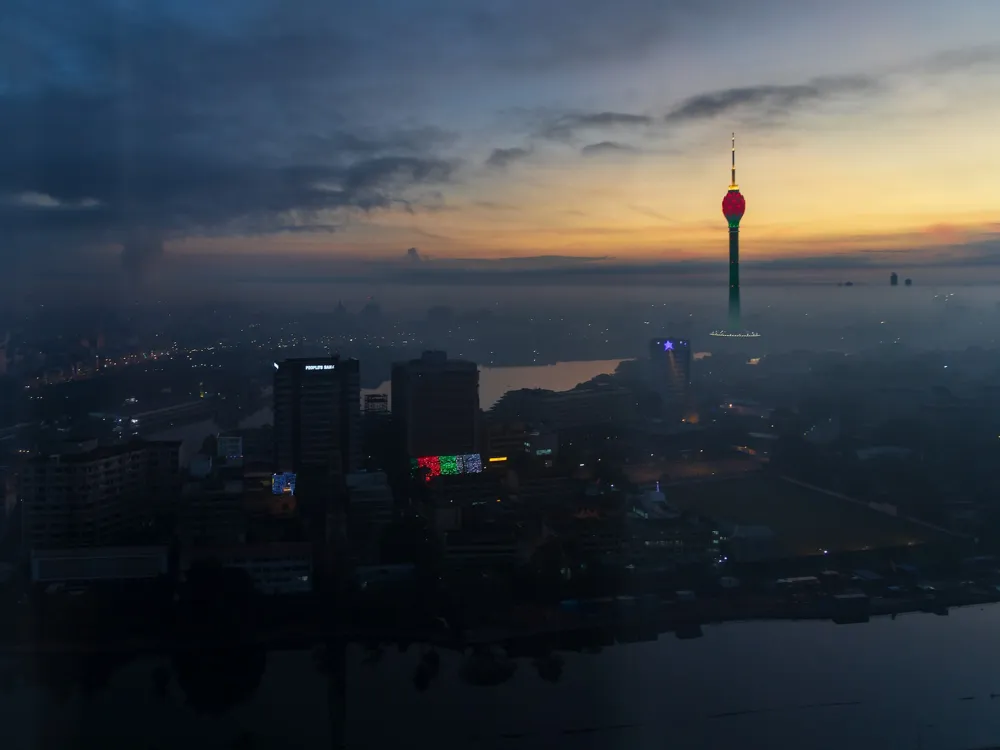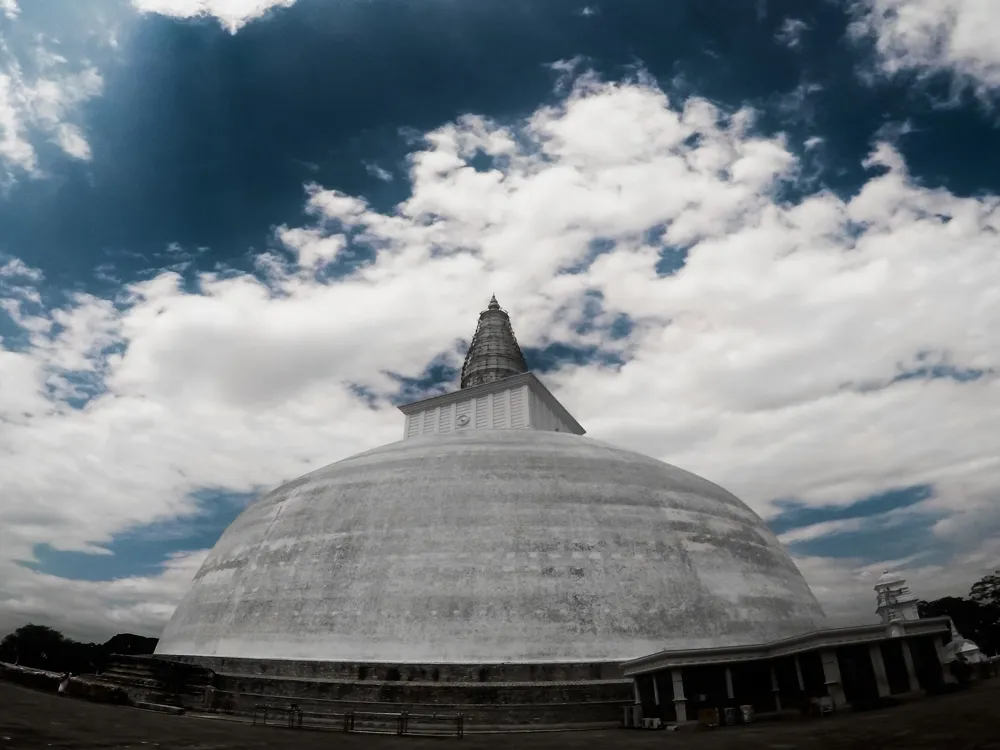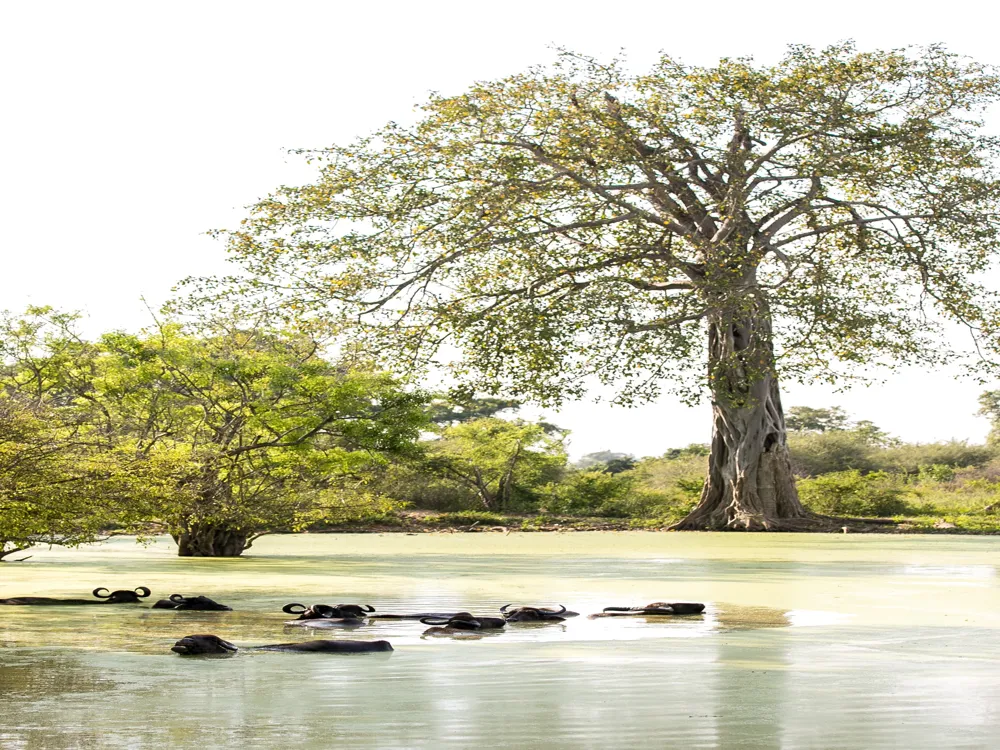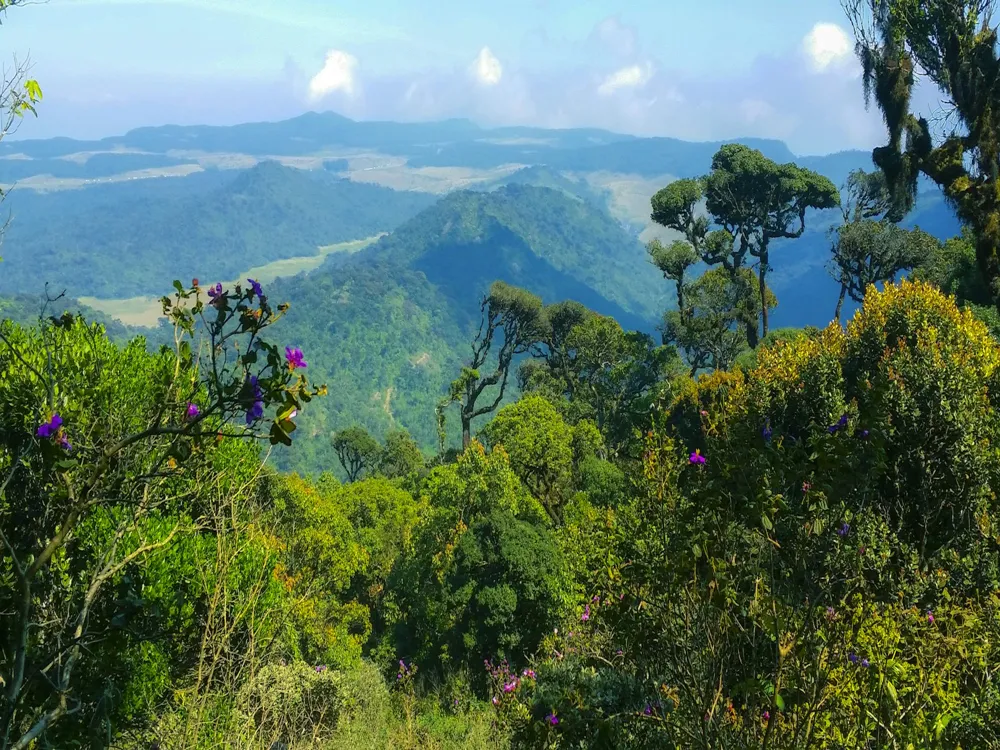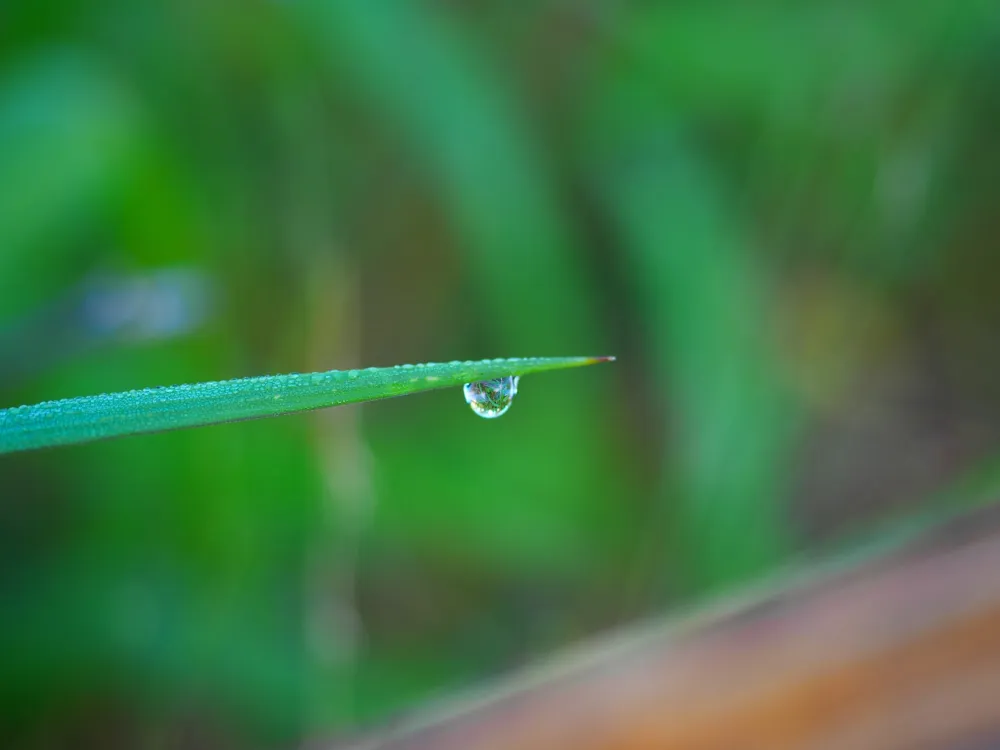Nestled in the misty hills of Sri Lanka, Haputale is a hidden gem that offers breathtaking views and a serene atmosphere. This quaint town, perched at an elevation of 1,431 meters above sea level, is a part of the Uva Province and lies on the southern edge of the Central Highlands. The unique location of Haputale allows it to overlook the vast plains to the south and the hills to the north, providing a panoramic experience that is both enchanting and soothing. The history of Haputale is intertwined with the colonial era of Sri Lanka, particularly the British period when it was discovered to be an ideal location for tea plantations. The legacy of this era is still visible in the architecture and the sprawling tea estates that dominate the landscape. The town's climate is generally cool and misty, with temperatures ranging between 10°C to 20°C, making it a perfect retreat from the tropical heat of the lowlands. Haputale's charm lies not just in its scenic beauty but also in its vibrant culture and friendly locals. The town is a melting pot of different ethnicities and religions, contributing to a rich cultural tapestry. The lifestyle here is laid back and revolves around the tea industry, with many inhabitants employed in the tea estates and factories. Visitors to Haputale can immerse themselves in the local way of life, learn about the tea-making process, and enjoy freshly brewed Ceylon tea amidst the lush greenery. The natural beauty of Haputale is unparalleled, with numerous trails and hikes that lead through dense forests, misty mountains, and cascading waterfalls. One of the most famous attractions is the Lipton’s Seat, named after the tea magnate Sir Thomas Lipton, which offers a stunning 360-degree view of the surrounding landscape. The town is also a gateway to some of Sri Lanka’s most renowned destinations, such as the Horton Plains National Park and the World’s End, making it an ideal base for exploring the region’s natural wonders. The architecture of Haputale is a fascinating amalgamation of colonial influences and traditional Sri Lankan styles, reflecting the town’s historical and cultural evolution. The most prominent architectural feature in Haputale is the remnants of the British colonial era, visible in the form of bungalows, churches, and administrative buildings that dot the landscape. Colonial bungalows in Haputale are characterized by their sprawling gardens, large verandas, and high-pitched roofs. These bungalows were originally built as residences for British tea planters and are now often converted into guest houses or boutique hotels, offering visitors a glimpse into the colonial lifestyle. The use of local materials such as timber and stone, along with the adaptation to the hill country climate, is evident in these structures. Another significant aspect of Haputale’s architecture is its religious buildings. The town is home to various churches, temples, and mosques, each representing different architectural styles and religious traditions. The St. Andrew’s Church, for instance, is a fine example of colonial ecclesiastical architecture, with its gothic-style windows and serene setting amidst the hills. In contrast to the colonial buildings, traditional Sri Lankan architecture in Haputale is seen in the homes of the local populace. These structures are usually modest, built with locally sourced materials, and designed to suit the hilly terrain. The roofs are often sloped to handle the heavy rainfall, and the houses are built on stilts to avoid landslides, showcasing the ingenuity of local architectural practices. The town’s layout itself is a testament to its colonial past and its adaptation to the rugged terrain. The narrow, winding roads that snake through the hills reveal the careful planning required to build a town in such challenging topography. The integration of nature and architecture is a key feature in Haputale, with many buildings designed to offer stunning views of the valleys and mountains. The ideal time to visit Haputale is between January and March when the weather is most favorable. During these months, the skies are clearer, offering stunning views, and the rainfall is minimal, making it perfect for outdoor activities. Given Haputale's cool climate, it is advisable to carry warm clothing, especially for the evenings which can get quite chilly. Layering is key, as temperatures can vary throughout the day. Also, carry a raincoat or umbrella, as unexpected showers are common. The best way to explore Haputale is on foot or by tuk-tuk. For longer distances, renting a car or using local buses can be convenient. Always negotiate the fare with tuk-tuk drivers in advance to avoid misunderstandings. Respect local customs and traditions. Dress modestly when visiting religious sites, and always ask for permission before taking photographs of people or private property. Greeting people with a smile and a small nod is a common courtesy. Haputale is generally a safe destination, but it’s wise to take standard safety precautions. Avoid walking alone at night, keep your valuables secure, and stay informed about the local weather conditions, especially when planning hikes. Haputale is accessible by road and rail, making it relatively easy to reach from major cities in Sri Lanka. The most scenic way to reach Haputale is by train, which offers spectacular views of the countryside and the highlands. The train journey from Colombo takes approximately 6-7 hours and passes through some of the most beautiful landscapes in the country. For those preferring road travel, buses and taxis are available from major cities. The drive offers its charms, with winding roads and picturesque vistas along the way. Whichever mode of transport you choose, the journey to Haputale is an experience in itself, setting the tone for a memorable visit to this enchanting hill town. Read More:Overview of Haputale
Architecture of Haputale
Tips When Visiting Haputale
Best Time to Visit
What to Wear
Getting Around
Local Etiquette
Safety Tips
How To Reach Haputale
Diyaluma Falls
Haputale
₹ 38,997 onwards
View haputale Packages
Haputale Travel Packages
View All Packages For Haputale
Top Hotel Collections for Haputale

Private Pool

Luxury Hotels

5-Star Hotels

Pet Friendly
Top Hotels Near Haputale
Other Top Ranking Places In Haputale
View All Places To Visit In haputale
View haputale Packages
Haputale Travel Packages
View All Packages For Haputale
Top Hotel Collections for Haputale

Private Pool

Luxury Hotels

5-Star Hotels

Pet Friendly

















